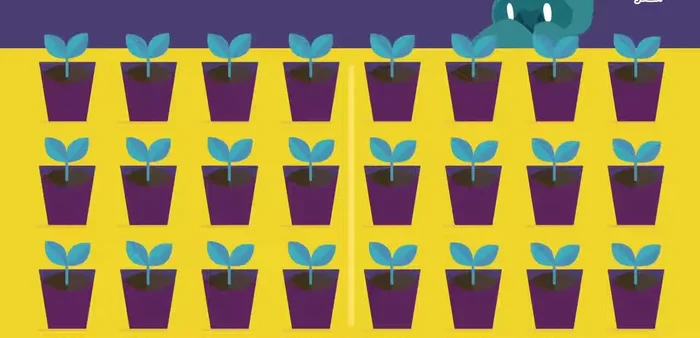For generations, anecdotal evidence has suggested that speaking to plants can promote their growth. Grandmothers whispered encouraging words to their prize-winning roses, and countless gardeners swear by their plant-chatting routine. But is there any scientific basis to these claims, or is it simply a charming myth? This article delves into the intriguing question of whether vocalization truly impacts plant development. We'll explore the potential mechanisms involved, from the vibrational effects of sound to the possible influence of carbon dioxide released during speech.
This scientific experiment aims to rigorously test the impact of human speech on plant growth. To find out if talking to plants really does help them grow taller, follow our step-by-step guide as we detail our methodology, results, and conclusions, offering a clear and objective analysis of this age-old question. Prepare to be surprised by the unexpected findings that emerged from our controlled study.
Preparation and Safety Guidelines
- Plants
- Measuring tools
- Notebook/Recording device
- This experiment focuses solely on the effect of human speech on plant growth. Other crucial factors like sunlight, water, and nutrients remain equally vital for healthy plant development. Don't neglect basic plant care!
- Consistency is key. If you choose to talk to your plants, do so regularly to observe any potential effects. Inconsistent interaction might skew results.
- Avoid using overly loud or harsh sounds near plants. While some believe positive affirmations help, excessive noise can stress plants, impacting growth negatively.
Step-by-Step Instructions
Experimental Design
- Talking to plants makes them grow taller than plants not spoken to.
- one group to be spoken to, the other not.
- Ensure both groups receive the same treatment (water, sunlight, etc.).


Experimental Design Data Collection
- Talk to one group of plants regularly.
- Measure plant height every other day for two weeks.


Data Collection Data Analysis
- Calculate the average height for each group.
- Compare the average height of both groups to see if there's a statistically significant difference.

Data Analysis
Read more: Build a Solar Updraft Tower: A Fun Science Project!
Tips
- Use a large sample size for more accurate results.
- Perform statistical analysis to determine if the difference is significant.





